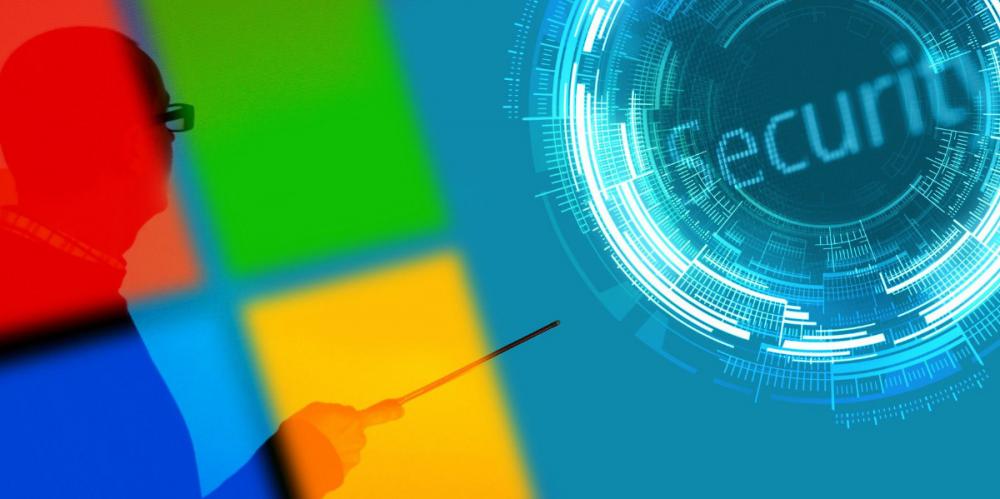search
date/time
 | Yorkshire Times Weekend Edition |

Jamie Durham
IT Correspondent
5:01 AM 31st January 2020
scitech
Why Is Moving Away From Windows 7 Important?

New security flaws are being found in operating systems on a daily basis, so manufacturers work frantically to fix the issues – which result in new updates being released. This is true for most devices, including laptops, PCs, phones, and even tech-savvy cars.
The majority of us will have experienced our smartphones sending us an update alert, which we often put off or ignore altogether. This is usually down to the fact that we’re dreading seeing some of the new features – let’s face it, they’re not always making our lives easier – but they are often urgently required to keep data safe.
For example, in August 2019, Google found a security flaw on the iPhone that allowed hackers to access people’s real-time location, photos, messages and even secure apps like WhatsApp. This resulted in iFix/iPatch quickly being deployed to prevent this from happening. The same has occurred on Windows devices too, which has led to it being considered one of the least secure operating systems by professionals in the tech world.
When Microsoft ended its support for Windows 7 it in essence stopped ‘plugging the holes’. Therefore, any new security risks that are uncovered in the coming days, months or years, won’t be fixed and will leave users vulnerable to an attack.
Also by Jamie Durham...
Five IT Helpdesk FAQS And How To Resolve ThemTech Resolutions Everyone Can Master In 2023Tech Tips To Help Boost Joy This ChristmasSix Tech Tips To Help You Master Shopping On Cyber MondayWhich Is Better – Microsoft Powerpoint Or Google Slides?Other software providers build their application purely for a supporting operator purpose – a powerful and usually large program that controls and manages a hardware – and these will similarly stop updating – having a knock-on effect on the security of these apps. However, Google has stated it will continue to provide updates until July 2021, but then they will also cease.
Chrome has suffered some major flaws over the past couple of years, and given this is a browser which many people use when online banking and shopping, it could leave them in a precarious position.
The other problem with third party applications, is they may stop working or installing. This could be especially catastrophic for ‘set and leave’ apps such as offline backups, which when combined with an already heightened exposure to a breach, could lead to complete data loss.
What can I do about it?
The only available upgrade from Windows 7 in the Microsoft store is Windows 10, and it costs £119.99 for a personal licence and £219.99 for a work one. A lot of tech publications are reporting that it is still possible to upgrade to the latest software for free, but it remains unclear whether this is legitimate or not, so it could have additional risks.
If an upgrade of the new software is purchased, there are straightforward and simple steps provided.
As always, it is important to back up your data prior to making such a major change to your system.
Should I just buy a new laptop?
Windows 7 was first released in July 2009, making it 11 years old. Therefore, there is a good chance your computer will suffer performance issues after a major upgrade – due to Windows 10 requiring more resources to run effectively. As a rule of thumb, four years should be the maximum age of your machine if you are considering an upgrade.
That said, Windows 10 will work on older machines, but users may not get the best experience – which may result in them having to purchase a new one. Also, slow PCs and laptops can cost you up to two weeks per year in productivity, so you need to weigh up the importance of speed and getting things done.
In short, whatever you do, do something and don’t just leave it.